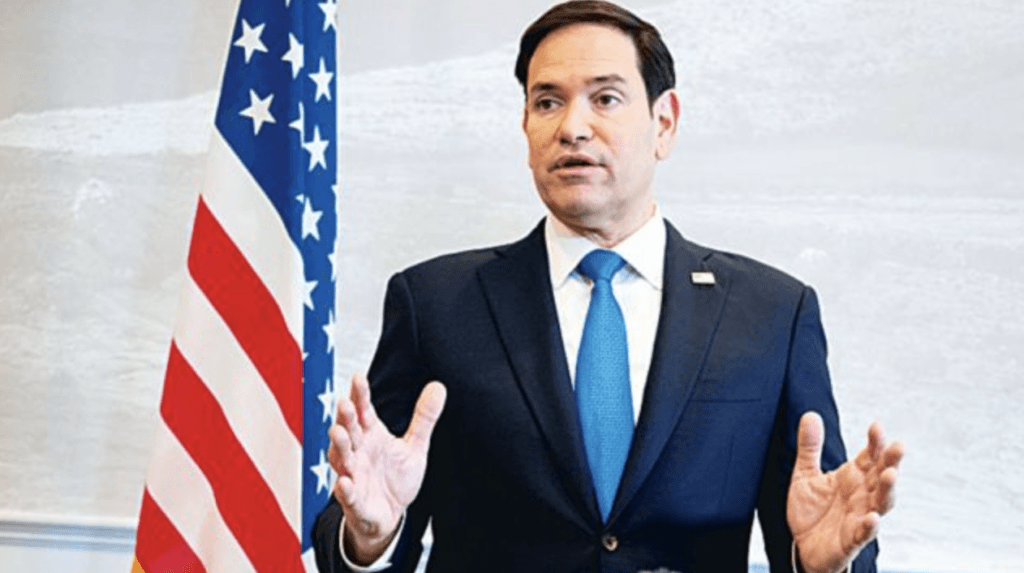Introduction
A group of Indian students in the United States recently encountered abrupt visa revocations, citing minor infractions such as a speeding ticket and involvement in a pro-Palestine article. This incident has sparked debates over visa policies, freedom of expression, and the vulnerabilities faced by international students.

Background of the Incident
The affected students, enrolled in U.S. universities, received notifications of visa termination under Section 221(g) of the Immigration and Nationality Act, which allows consular officers to revoke visas for unspecified “administrative reasons.” While a speeding ticket and authorship of a pro-Palestine opinion piece were highlighted, the lack of explicit details has raised questions about transparency and due process.
Legal and Political Context
- Traffic Violations: Typically, minor offenses like speeding tickets do not impact immigration status. However, unresolved fines or repeated violations might flag compliance issues.
- Political Expression: The pro-Palestine article, published in a student journal, allegedly drew scrutiny. While the U.S. upholds free speech, visa holders are subject to stricter scrutiny, particularly if activities are perceived as aligning with groups deemed controversial by authorities.
Impact on Students
- Educational Disruption: Sudden visa revocation forces students to leave programs mid-semester, risking academic progress and financial investments.
- Financial and Emotional Strain: Costs of legal appeals and relocation, coupled with uncertainty, exacerbate stress.
- Diplomatic Channels: The Indian Embassy has sought clarifications, emphasizing the need for fair treatment of students.
Legal Recourse and Challenges
Students can appeal through:
- Reapplication: Submitting updated documentation and addressing cited issues.
- Administrative Review: Requesting detailed explanations from U.S. Citizenship and Immigration Services (USCIS).
However, the opaque process often prolongs resolutions, leaving students in limbo.
Broader Implications
- Chilling Effect: Fear of political expression may deter international students from engaging in activism.
- U.S. Education Appeal: Incidents like these could influence global perceptions of the U.S. as a welcoming academic destination.
Expert Opinions
Immigration attorneys highlight inconsistencies in enforcement. “Vague citations like ‘administrative reasons’ undermine trust,” notes lawyer Priya Khanna. Meanwhile, free speech advocates argue that conflating academic discourse with security risks sets a dangerous precedent.
Conclusion
This case underscores the fragile balance between national security and individual rights. As Indian students navigate legal battles, the incident calls for clearer visa guidelines and protections for international scholars, ensuring that education remains a bridge—not a casualty—of geopolitics.
Sources:
- U.S. Department of State Guidelines on Visa Revocations.
- Statements from the Indian Embassy in Washington, D.C.
- Interviews with immigration attorneys and affected students (names withheld for privacy).




Pingback: ਪੰਜਾਬ ਸਰਕਾਰ ਨੇ ਡੇਰਾ ਬੀਅਸ ਤੋਂ ਨਵੀਂ ਬੱਸ ਸੇਵਾ ਦੀ ਸ਼ੁਰੂਆਤ ਕੀਤੀ